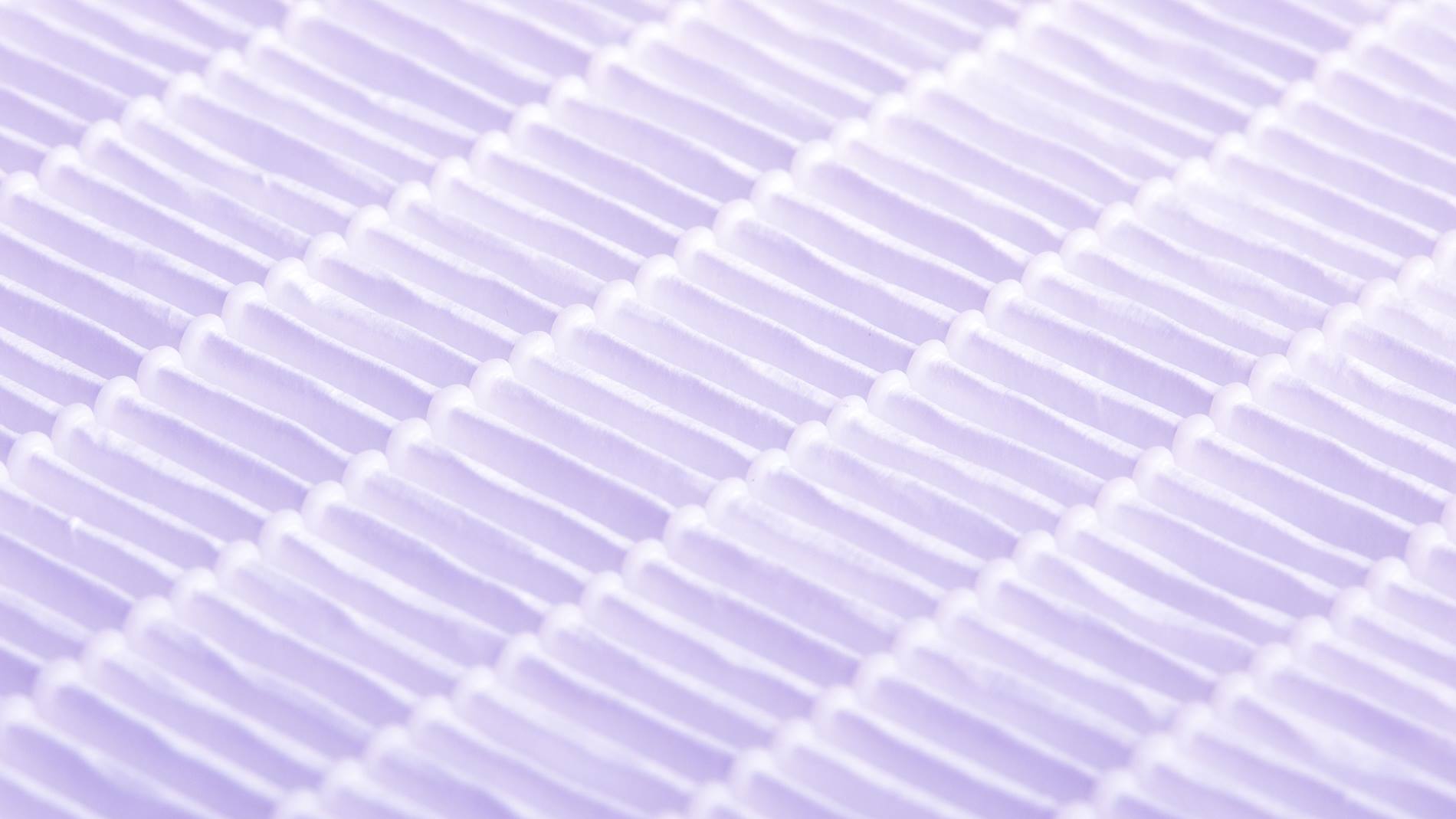
HEPA filters increase quality of your working environment
Dust, pollen, mold, bacteria and viruses can be transmitted through the air and negatively affect health. Tiny particles in the pneumatic tube system spread to other departments of your institution through airflows. Highly efficient particulate air filters remove at least 99.95% of those airborne particles. HEPA filters, adapted to your pneumatic tube system, ensure a healthier work and care environment in your hospital.
In hospitals, filters provide the highest quality of air cleanliness, helping safeguard the health of both patients and hospital staff.
HEPA filters in your TranspoNet pneumatic tube system offer the following advantages:
- Reduced transition of airborne particles from technical areas towards non-technical and medical areas in the building
- - Lower wearing on moving parts of stations and diverters by fine but hard particles like sand or concrete that gets airborne with construction work
HEPA filters have been optimized for use in any TranspoNet configuration and are installed either at the final station or the blower. Our filters are available in two versions: 1D filters airflow coming from one single direction, 2D covers both directions. Both variants match the filter class H13 for particles between 0.1 and 0.3 μm.
Q&A
What is the cause of air pollution in hospitals?
The causes of polluted air vary. In medical areas, tiny particles such as viruses, bacteria, dust or pollen pose a high risk. They get into the air through humans, open windows or ventilation systems. Mold and moisture can also get into the air and affect health.
Which particles are HEPA filters supposed to remove in a hospital?
HEPA filters efficiently remove smallest particles with a size of 0.1 to 0.3 μm from the air. Installed in a pneumatic tube system, air polluted with bacteria, viruses or dust can not be transmitted to other rooms. As the air is filtered when entering the system and leaving it at the final station, HEPA filters reduce the risk of contamination.
Why should hospitals opt for a preliminary filter and a HEPA filter in their pneumatic tube system?
Our HEPA filter is designed to filter critical particle sizes from the air, not all particles. To keep wear and tear to a minimum and to extend its lifespan, a preliminary filter is recommended. This type directly filters coarse impurities. Even though there are costs involved for two different filters, the investment pays off in the long term.
